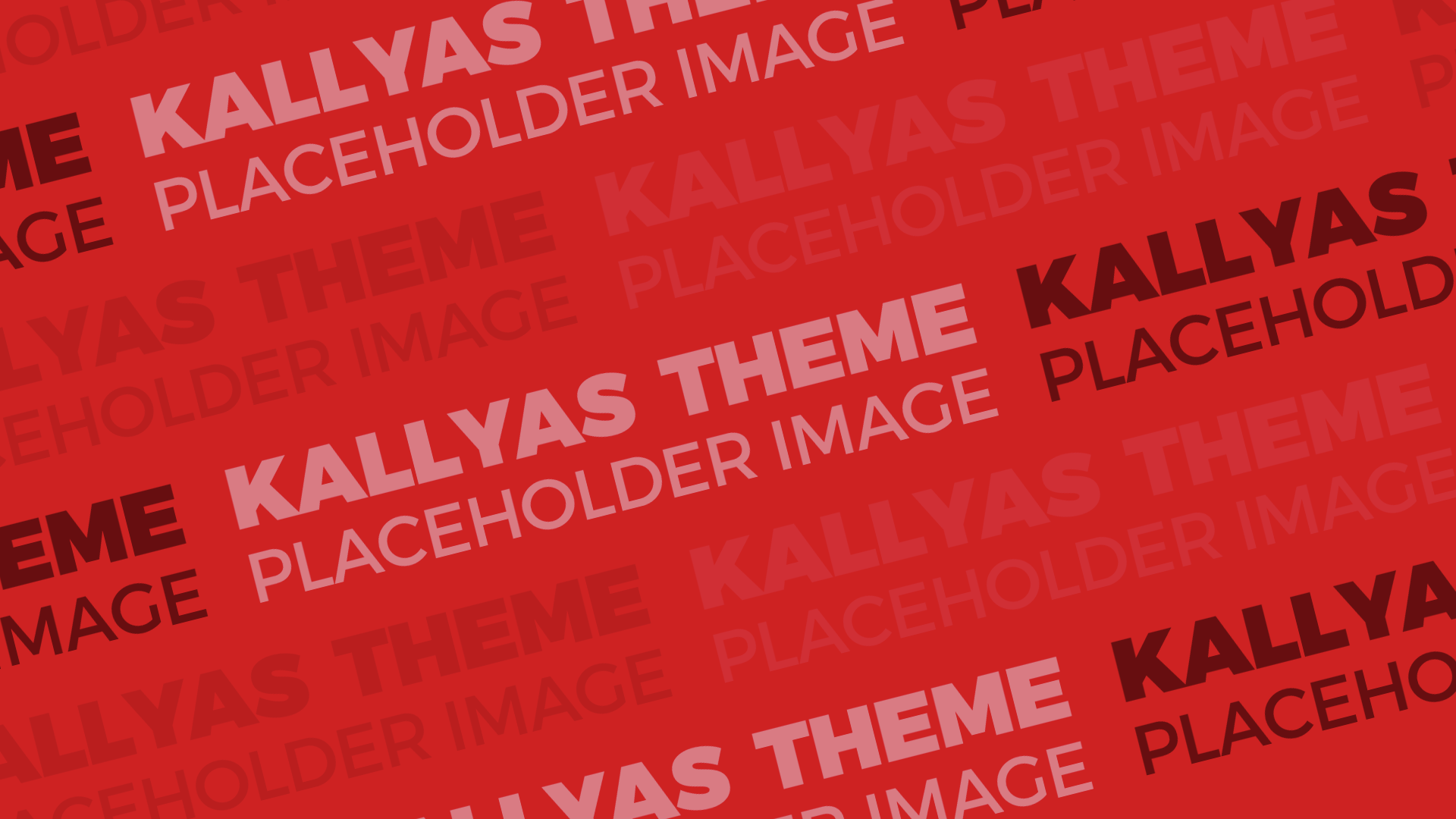
Reading Book and Knowledge Society

Reading is a window for intellectual communication and interaction with the outside world, but it is not the only means of acquiring knowledge. The means have varied, and levels of knowledge have differed among individuals in society, to the extent that it has resulted in the phenomenon of what is called the knowledge divide within the same society. From this perspective, Saudi Aramco’s initiative came to implement a national study across the Kingdom of Saudi Arabia, to identify reading trends and patterns in Saudi society, and means of acquiring knowledge, with the aim of providing reliable information to establish an information base that enables decision-makers to develop plans based on a survey with trustworthy results.
We implemented this project for Saudi Aramco, to conduct this national study, and provide necessary recommendations for formulating national initiatives, and local ones at the level of administrative regions in the Kingdom, with the aim of advancing the level of knowledge in Saudi society, and envisioning the future in forms and means of acquiring knowledge, and the changes required to move forward in achieving the ultimate goal of reaching a knowledge society.
The Reading and Knowledge Society project aims to identify:
- Reading trends and patterns of Saudi society and means of acquiring knowledge for all ages and social groups across the Kingdom in terms of their reading habits and the types of topics they tend to read.
- The role of parents and libraries in developing reading trends and patterns among members of society.
- Identifying factors that contribute to the integration of Saudi society members in reading, and the potential impact of an individual’s gender, age, educational level, parents’ educational level, family income level, and the administrative region in which they live on the different reading trends and patterns and means of acquiring knowledge for individuals.
- Factors that may influence reading behavior and limit access to knowledge in Saudi society.
- Gaps in Arabic knowledge content, and the extent of the role played by publishing houses and translation in narrowing those gaps and diversifying sources of knowledge.
- Emerging challenges and opportunities towards integration into the knowledge society.